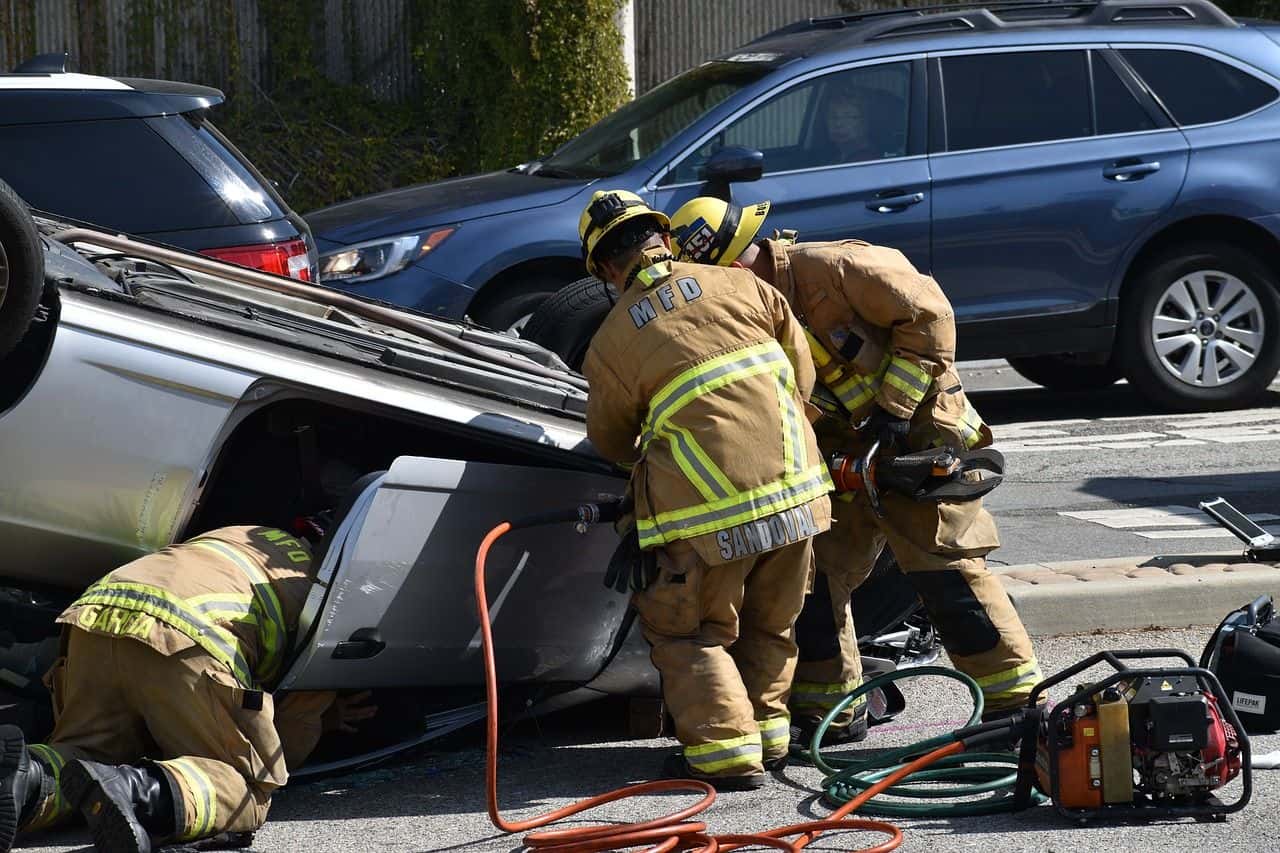Florida Judge Affirms $7 Million Car Crash Verdict
A Florida judge says the jury based its verdict on sufficient evidence when it awarded more than $7 million to a family whose father suffered serious injuries from a 2019 car crash. The driver that the jury had found primarily responsible for the crash filed motions asking the judge to undo the verdict.
Updated on
Comparative Negligence: Jury Found Victim 20% Responsible
Florida has a “pure” comparative negligence law that requires a jury to figure out what percent the parties are each at fault for what happened. A victim’s award will be reduced by the amount they were at fault.
Here, in April 2023 a jury determined that one of the drivers, Sebastian Harknett, was 80% responsible for the crash. Thaddeus Agnew, who suffered a stroke, loss of vision, and impaired cognitive abilities as a result of the accident was 20% negligent according to the jury.
The Negligence Damages Award
Mr. Agnew’s total award was $5.9 million. $1.3 million was for future earnings loss. Another $1.25 million in damages was to compensate Thaddeus for past pain and suffering. On top of that, the jury gave Agnew $2.5 million for the pain and suffering he may experience in the future.
Florida law defines loss of consortium as a loss of companionship and fellowship. In general, this means family members have a right to the company and cooperation of the person who was harmed by someone else. For couples, this also refers to martial conjugal relations.
This jury awarded Mrs. Agnew $880,000 for loss of consortium with her husband. Thaddeus’s two daughters got $225,000 to split.
Motions Denied
On June 2, 2023, In a hearing held on Zoom, Alachua County Circuit Judge George Wright denied motions for a directed verdict and a new trial from driver Sebastian Harknett, who was found mostly negligent for the crash caused.
Judge Wright added that the black box showed that the brakes were not applied with full force. Had they been applied fully, there would have been no accident, the judge said.
"I don't believe the evidence is so one-sided that there is nothing for the jury to decide," he said.
The judge said he remembers Harknett as "combative and perhaps viewed as less credible by the jury than other witnesses," which could have been a factor in the jury's decision.
Judge Wright also denied motions for a new trial based on jury instructions and Harknett's argument that Agnew failed to mitigate damages by not seeking medical care earlier.
Victim Failure to Mitigate Argument Unsuccessfully
Franz argued that on his first trip to the emergency room, Agnew should have told the doctors that he was experiencing irregularities with his vision and not just complained about physical bruises and pain in his ribs. Had he done that, doctors would immediately have been alerted to a possible neurologic injury, Franz said.
But the judge disagreed, saying he stood by his decision to not allow a medical expert to tell the jury that the injuries could have been prevented by Agnew's actions.
"Here we're assuming a series of doctors and specialists could all be able to prevent the harm that happened based on saying 'transient vision,'" Judge Wright said. "I don't believe that would be an appropriate opinion for a doctor to render. I still don't, so I don't believe it's enough for a new trial."
Unmarried Young Daughter Entitled to Full Damages
At the hearing on Friday, Franz also argued that Agnew's older daughter, who was 18 at the time of the crash, should not be eligible for loss of consortium damages under Florida law, which allows for these damages only to spouses and dependents. The younger daughter, who was 16 at the time of the crash, should only receive two years' worth of damages, according to Franz.
But Judge Wright said the statute cites an "unmarried dependent." He construed that in terms of the tax code's definition of dependent, which means an adult who has not yet reached 19 or a student under 24.
About the author
Carolyn Casey, J.D.
Carolyn Casey is a seasoned professional with extensive experience in legal tech, e-discovery, and legal content creation. As Principal of WritMarketing, she combines her decade of Big Law experience with two decades in software leadership to provide strategic consulting in product strategy, content, and messaging for legal tech clients. Previously, Carolyn served as Legal Content Writer for Expert Institute, Sr. Director of Industry Relations at AccessData, and Director of Product Marketing at Zapproved, focusing on industry trends in forensic investigations, compliance, privacy, and e-discovery. Her career also includes roles at Iron Mountain as Head of Legal Product Management and Sr. Product Marketing Manager, where she led product and marketing strategies for legal services, and at Fios Inc as Sr. Marketing Manager, specializing in eDiscovery solutions.
Her early legal expertise was honed at Brobeck, Phleger & Harrison, where she developed legal strategies for mergers, acquisitions, and international finance matters. Carolyn's education includes a J.D. from American University Washington College of Law, where she was a Senior Editor for the International Law Journal and participated in a pioneering China Summer Law Program. She also holds an AB in Political Science with a minor in art history from Stanford University. Her diverse skill set encompasses research, creative writing, copy editing, and a deep understanding of legal product marketing and international legal trends.
Subscribe to our newsletter
Join our newsletter to stay up to date on legal news, insights and product updates from Expert Institute.
Sign up nowA Sample Voir Dire: How To Qualify An Expert Witness
Download free white paperChallenging Opposing Experts: Advanced Research Techniques
Download free white paperCross Examining Expert Witnesses: The Ultimate Guide
Download free white paper
Subscribe to our newsletter
Join our newsletter to stay up to date on legal news, insights and product updates from Expert Institute.



